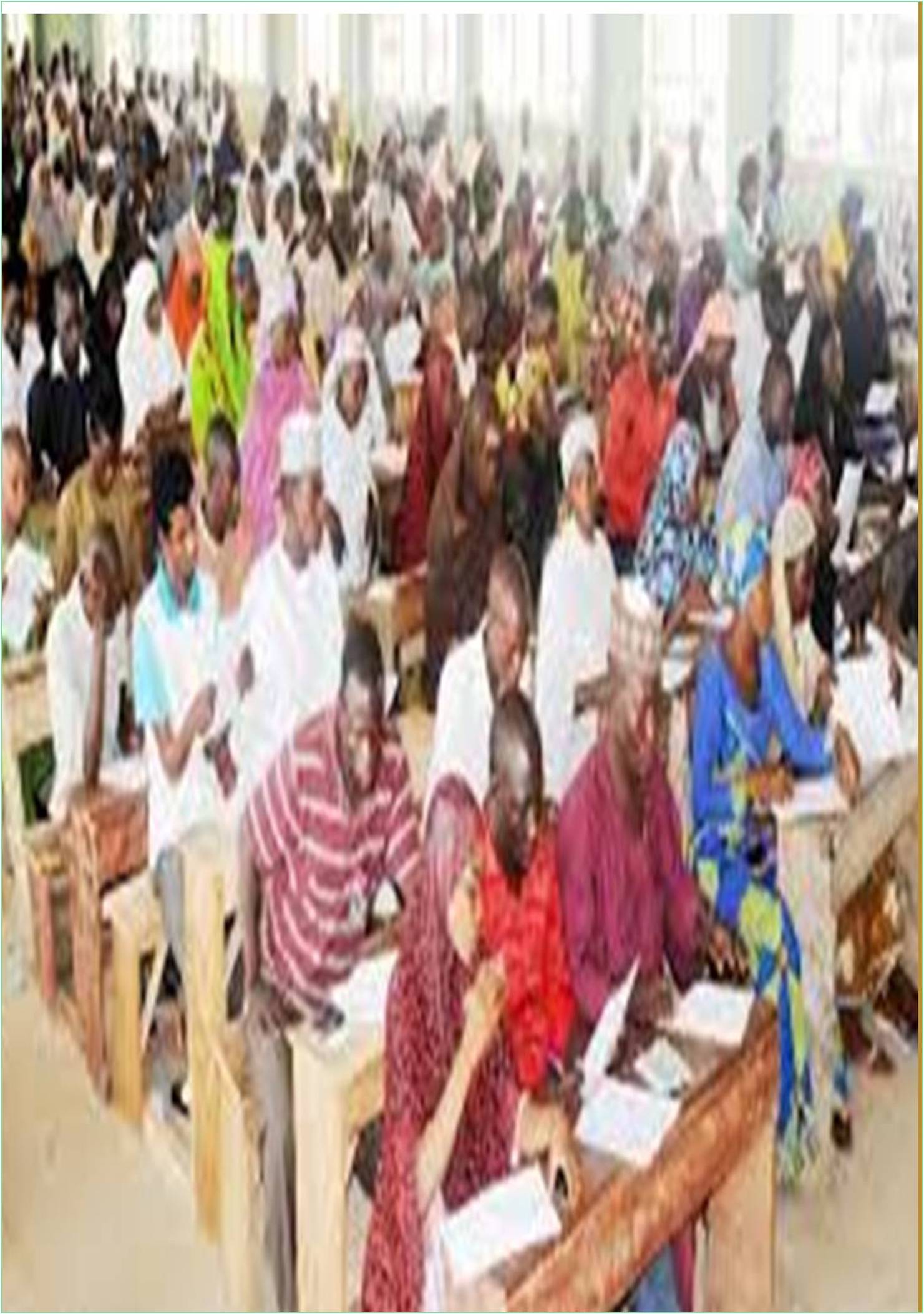



Received: 15-Nov-2022, Manuscript No. IJANFE -22- 85693; Editor assigned: 18-Nov-2022, Pre QC No. IJANFE -22- 85693(PQ); Reviewed: 02-Dec-2022, QC No. IJANFE -22- 85693; Revised: 08-Dec-2022, Manuscript No. IJANFE -22- 85693(R); Published: 16-Dec-2022, DOI: 10.15651/2437-1882.22.3.037
As determined by the number of people who visited the library outlet during a typical week, adult literacy programs offered by 5% of small businesses, 19% of medium-sized businesses, and 31% of large businesses were not considered library outlet or system offerings. Instead, these programs were more likely to be offered in relation to the size of the outlet.
Adult literacy was neglected in the first three decades of the country's independence as a result of significant efforts being made to promote basic education. A nationwide adult education program for socioeconomic development was introduced in 1977, following the change in the Indian government. As a result, there is now a need for adult literacy on a nationwide scale. At the time, all adult education programs were offered on a voluntary basis, and the majority of them had a small target audience.
The development of the individual was not directly linked to the development of basic literacy; rather, it was created for societal development in the adult education program. Adult literacy was not previously connected to socioeconomic advancement or personal independence; this association dates back barely three decades.
Various Factors that Lead to Adult Illiteracy
Poverty: Lack of funds is a significant factor in the prevalent adult illiteracy.
Gender issues: In a nation where the gender ratio favors women, there are inevitably more illiterates.
Cultural issues: Traditional occupational skills are more favored by culture and tradition than schooling is.
Population: Being one of the nations with the highest population densities does in fact contribute to illiteracy.
Lack of educational resources: There are no schools or educational resources in rural areas or locations with rough terrain.
Bureaucratic role: Even though several literacy campaigns are democratic in nature, their bureaucratic implementation is what caused them to fail. Some of these depend on the district collector's willingness to continue the campaign.
Lack of mass participation: Mass public participation is essential for the success of literacy efforts. Kerala serves as an illustration of widespread engagement or movement.
Mobilization of adult illiterates and of society: A major obstacle to the development of literacy is the mobilization of adult illiterates and society. It is a difficult effort to motivate and enlist illiterates in adult education sessions, and regular attendance has been a significant issue. The scenario of education versus earning favors providing for basic needs.
Lack of proper implementation: While creating policies is not problematic, it is worrying when policies and planning are not carried out properly.
How Important Adult Literacy Is?
• It provides adults with a second chance in the event that they were turned away from formal education or lost the chance.
• A nation's economy must be developed, and literacy is the key.
• It raises awareness of healthcare, which will help India's child death rate decline.
• Literacy is the key to population management as well as the path to employment and self-sufficiency.
• A responsible citizen is one who is aware of their fundamental rights and obligations.
• Literacy opens the door for successful communication and advances the mindsets of those who hold a strong superstitious belief.
How to Promote Adult Literacy?
• All adults' learning needs must be satisfied by ensuring equal access to suitable learning and life skills programs.
• If gender inequities are eliminated, literacy will inevitably rise.
• Increasing the overall standard of education.
• To combat illiteracy, the government must implement corrective measures.
• The Central government should contribute the majority of the financial commitment.
• Simple access to schools, particularly those in rural locations.
• The literacy movement will become a more sustainable system of money generating as well as a system of literacy generation if workers are paid better.
• A campaign-based approach will increase the effectiveness of implementation.
• Emphasis on creating a good environment and encouraging individuals to participate actively.
• Support for collaborative initiatives between governmental and non-governmental entities.
• The teacher needs to have a significant impact on how adults learn and are taught.
• The media has always been crucial in inspiring people and converting problems into widespread movements.
• Including adult education in the system of public education